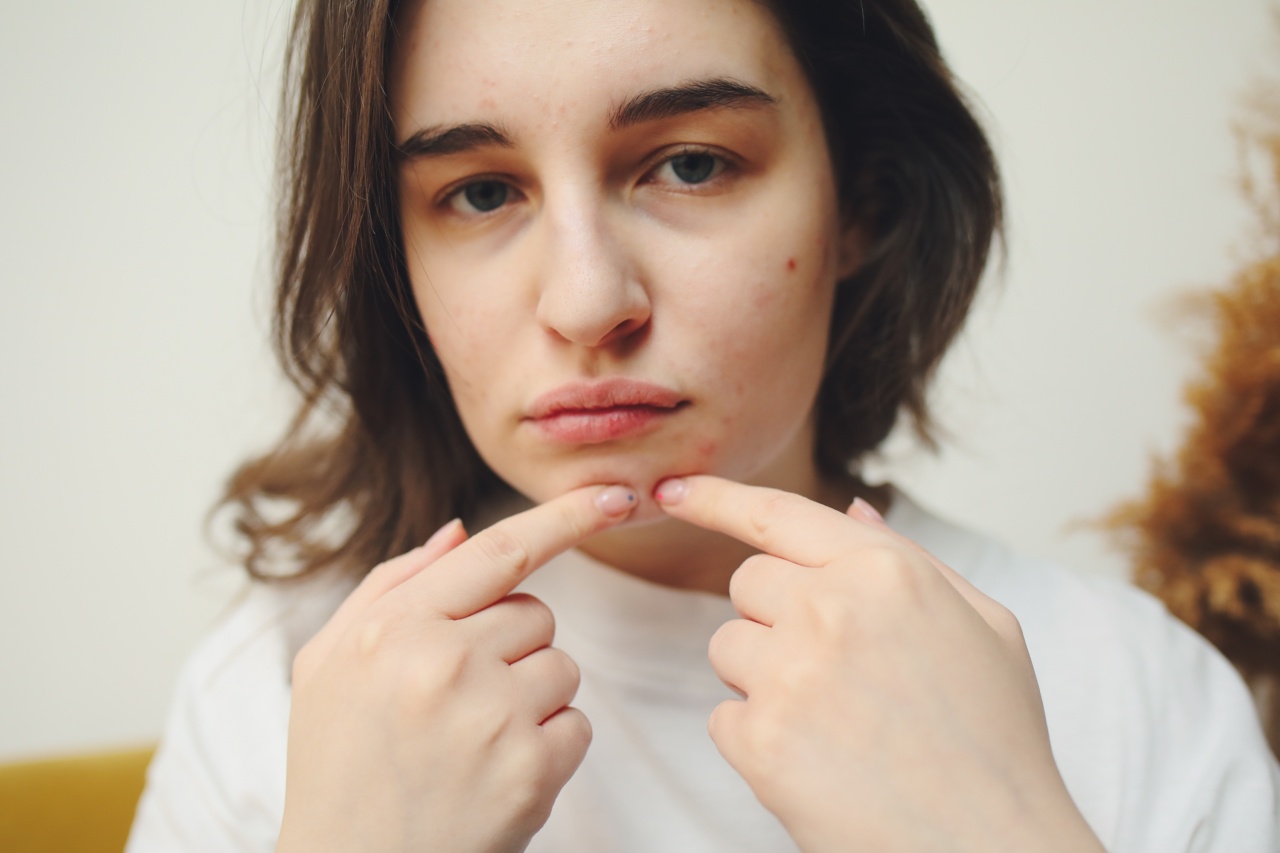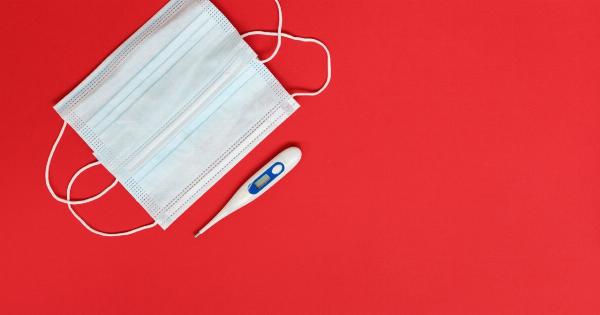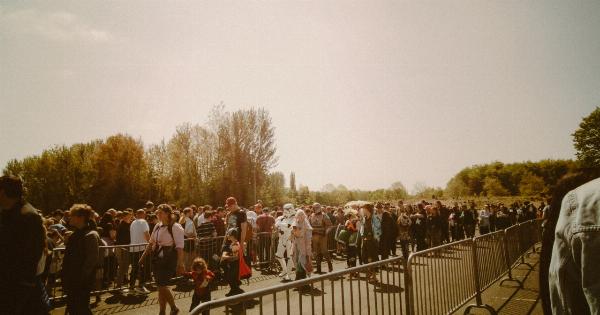Pimples are a common skin condition that affects people of all ages. Although they are typically associated with adolescence, pimples can occur at any time in life.
Whether you have a mild case or a more severe one, understanding how pimples heal and what you can do to help speed up the process can be very helpful.
What are pimples?
To understand how pimples heal, it’s important to first understand what pimples are. Pimples, also known as acne, are the result of hair follicles becoming clogged with oil, dead skin cells, and bacteria.
When this happens, it can lead to inflammation, the formation of a whitehead or blackhead, and in some cases, cysts.
How do pimples develop?
Pimples typically develop when the sebaceous glands in your skin produce too much oil. This may happen for several reasons, including:.
- Changes in hormone levels, such as during puberty, menstruation, or pregnancy
- Stress
- Diet
- Exposure to grease or oil in the environment
- Use of certain medications, such as steroids and lithium
How long do pimples last?
The length of time it takes for pimples to heal can vary based on several factors, including the severity of the acne and the type of treatment being used.
Mild pimples may only last a few days, while more severe cases can last for several weeks or even months.
What are the stages of pimple healing?
When a pimple begins to heal, it typically goes through several stages. These stages may include:.
- Redness and inflammation: In the early stages of healing, the pimple may appear red and swollen as the body works to fight off the bacteria and reduce inflammation.
- Pimple head formation: As the pimple continues to heal, it may form a head or become filled with pus.
- Breakout: In some cases, a breakout may occur as the pimple begins to heal, as the body removes dead skin cells and other debris.
- Scar formation: In some cases, a scar may form after the pimple has healed, depending on the severity of the acne and the person’s skin type.
How do I heal pimples faster?
While there is no single cure for acne, there are several things you can do to speed up the healing process:.
- Keep the affected area clean: Wash your skin twice a day with a gentle cleanser to help remove excess oil, dead skin cells, and other debris.
- Avoid picking or squeezing pimples: Doing so can lead to scarring and may even spread the bacteria to other areas of your skin.
- Choose the right products: Look for non-comedogenic products that won’t clog your pores and avoid comedogenic products.
- Treat your skin gently: Use a soft touch when washing your face and pat dry with a clean towel.
- Use topical treatments: Over-the-counter acne treatments, such as salicylic acid and benzoyl peroxide, can help reduce inflammation and kill bacteria.
- Consult with a dermatologist: If your acne is severe or isn’t responding to at-home treatments, a dermatologist may be able to recommend more advanced treatments, such as prescription medications.
When should I see a doctor about my pimples?
If your acne is severe or causing significant distress or scarring, you should see a doctor. In some cases, your doctor may refer you to a dermatologist who can provide more specialized care.
Conclusion
Pimples can be frustrating and can sometimes take a while to heal. Understanding how they develop and what steps you can take to speed up the healing process can be very helpful.
If you’re struggling with acne or have questions about treatment options, be sure to talk to your doctor.































